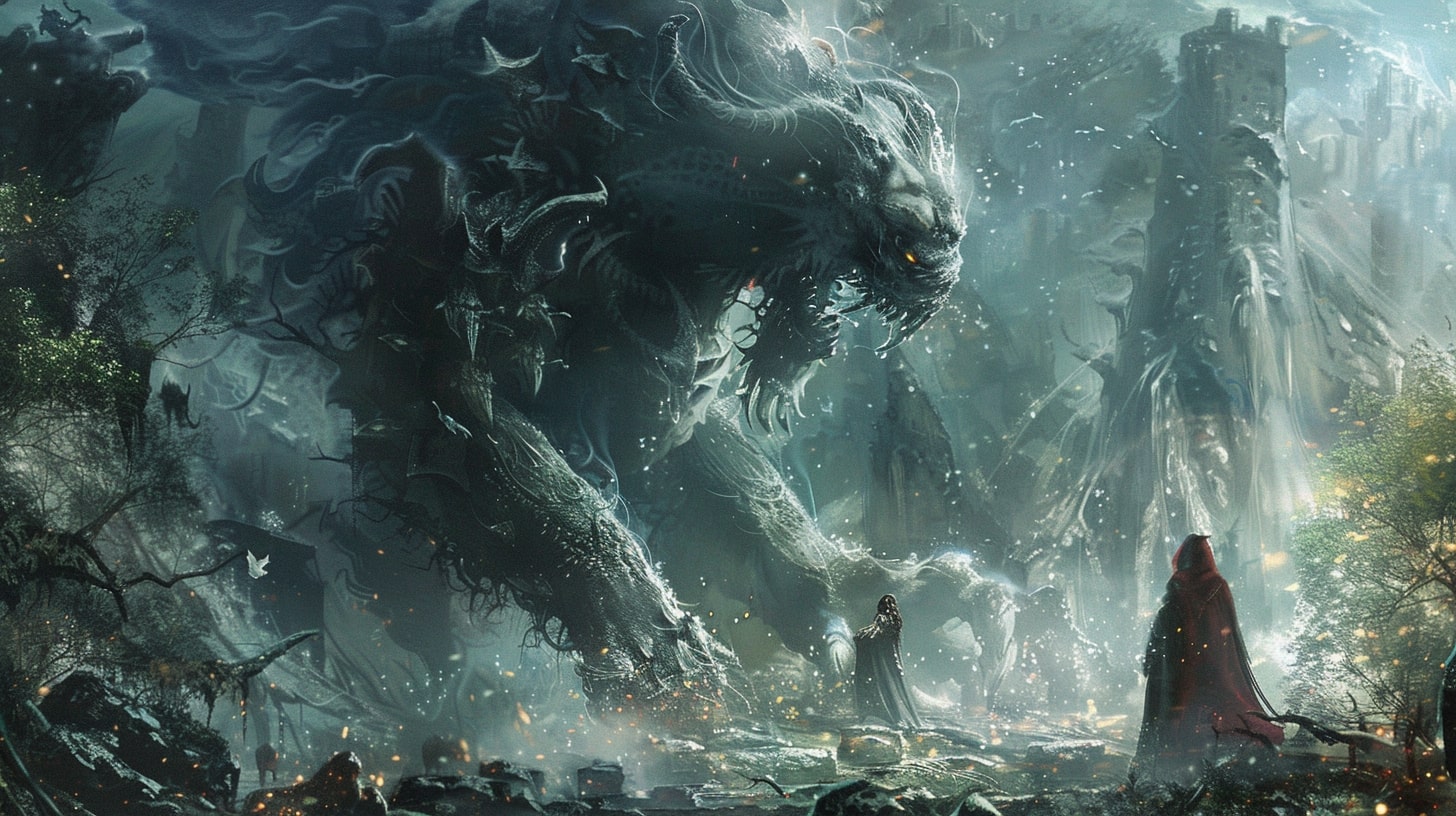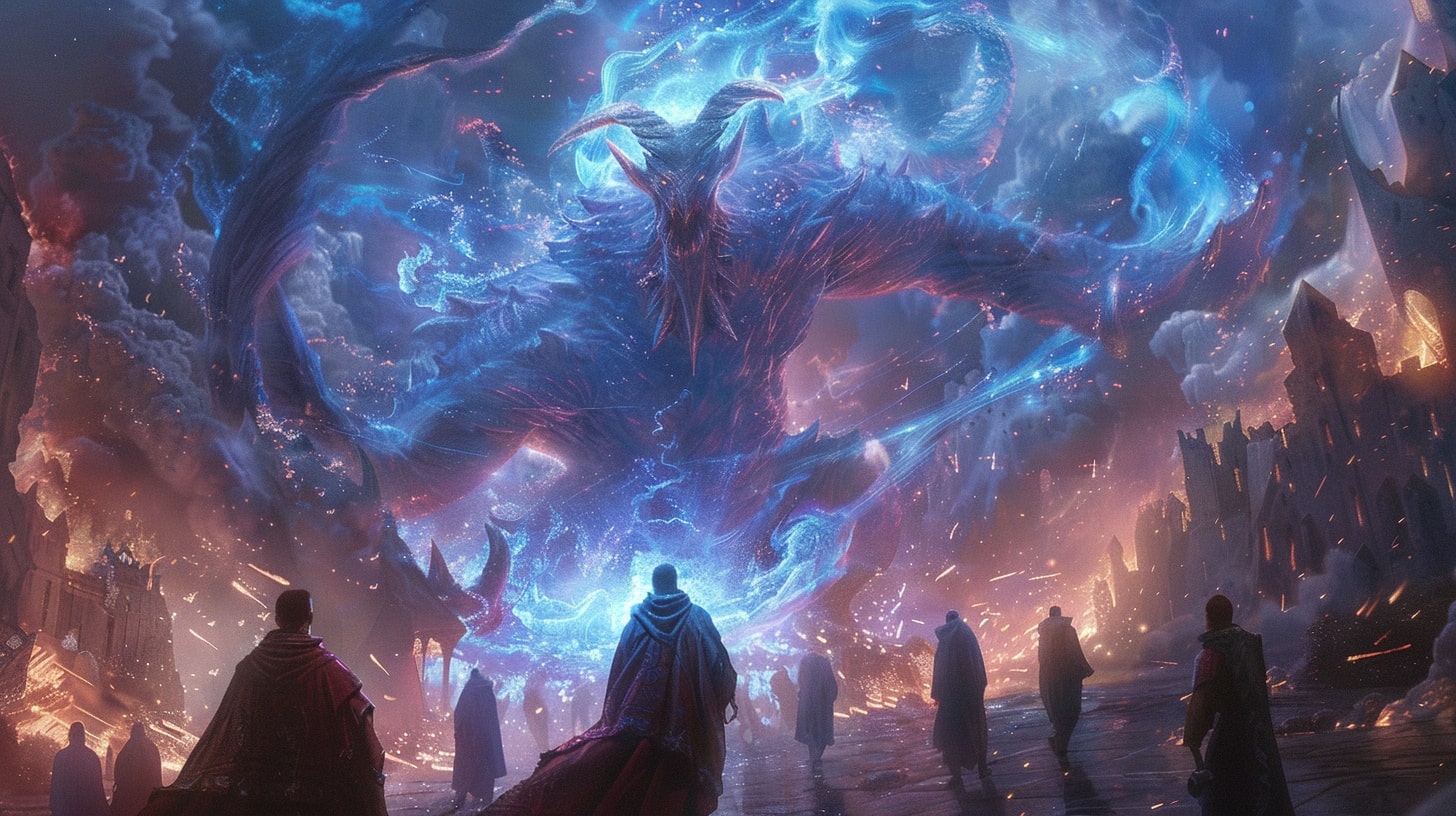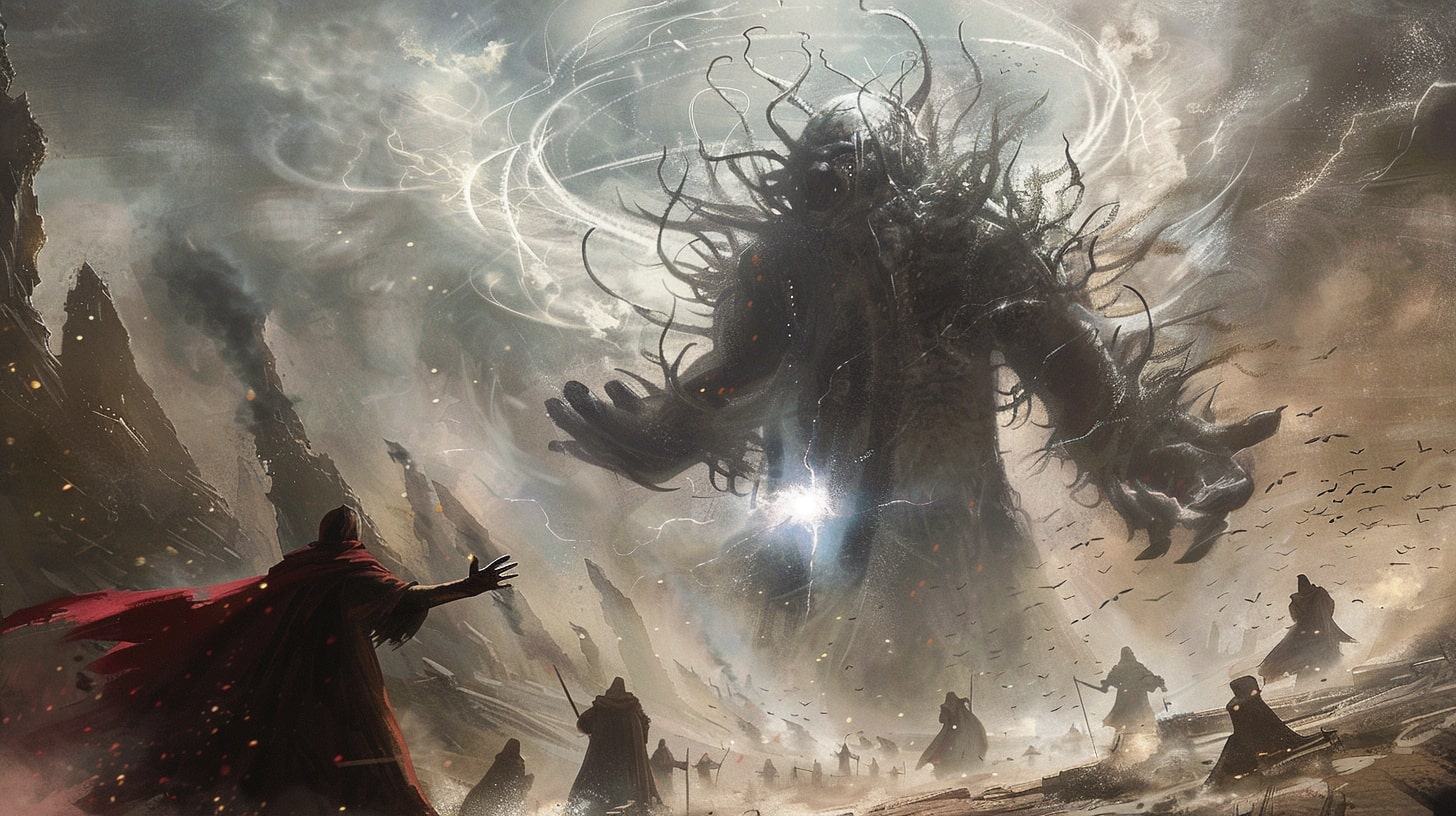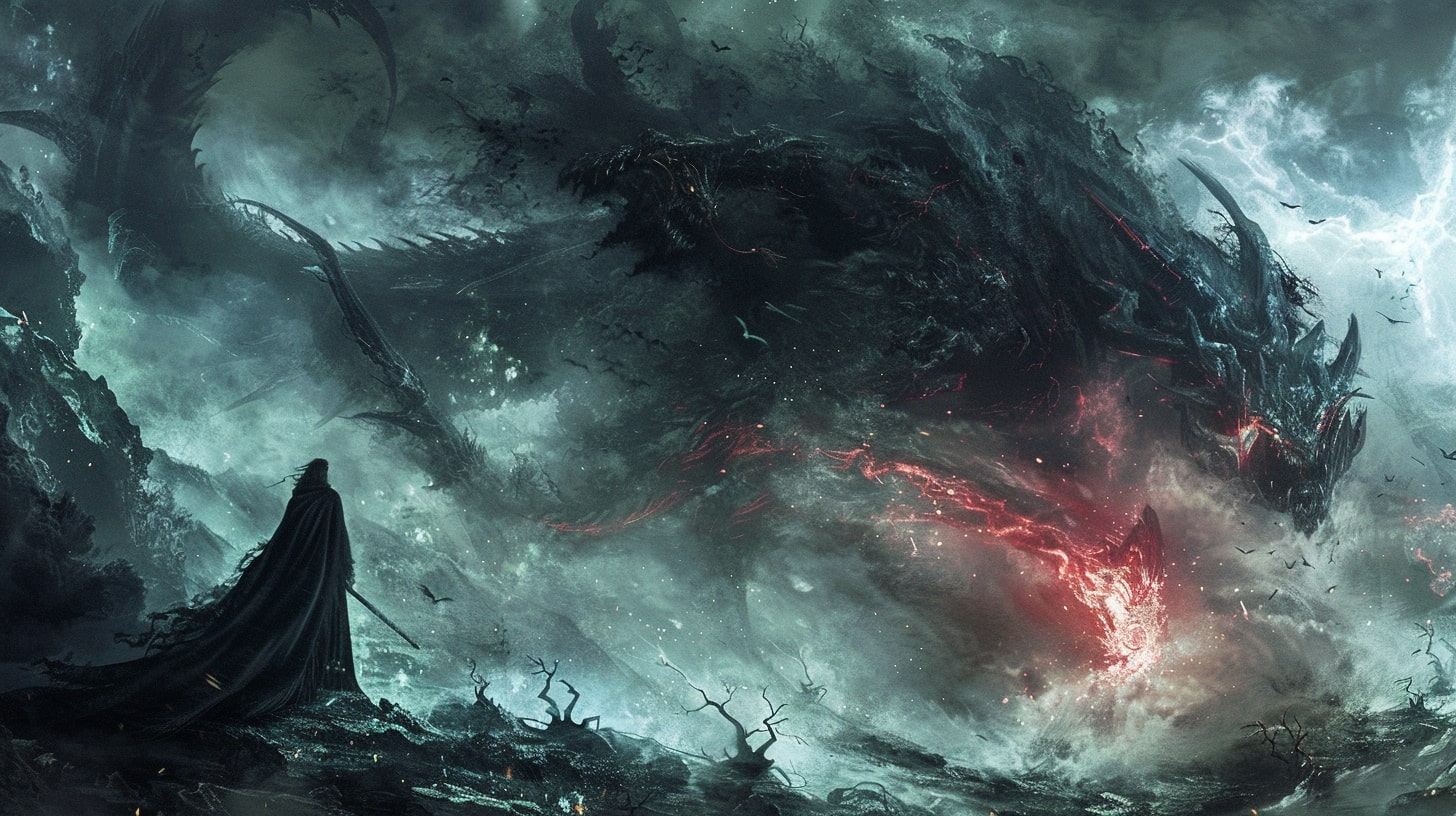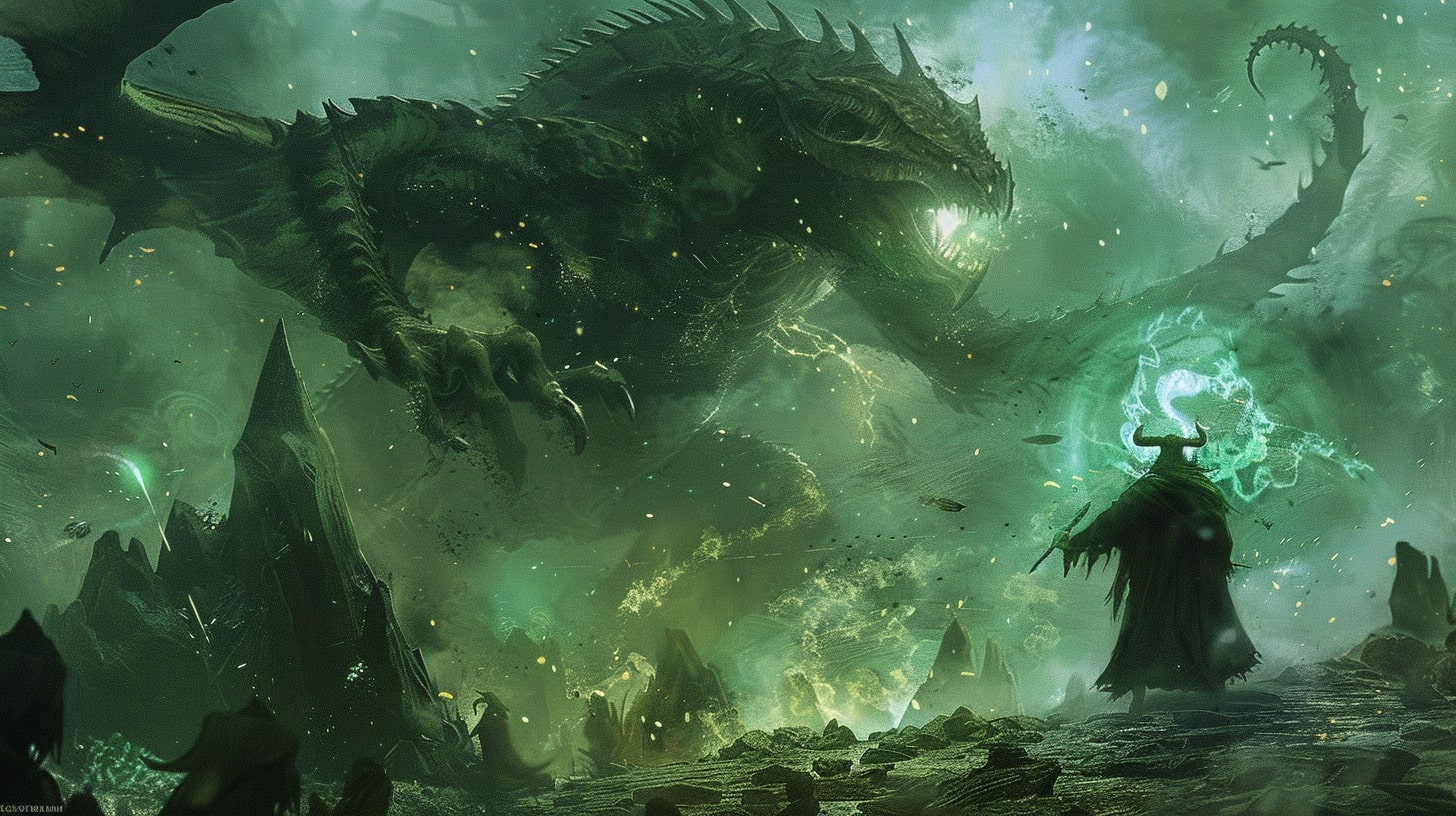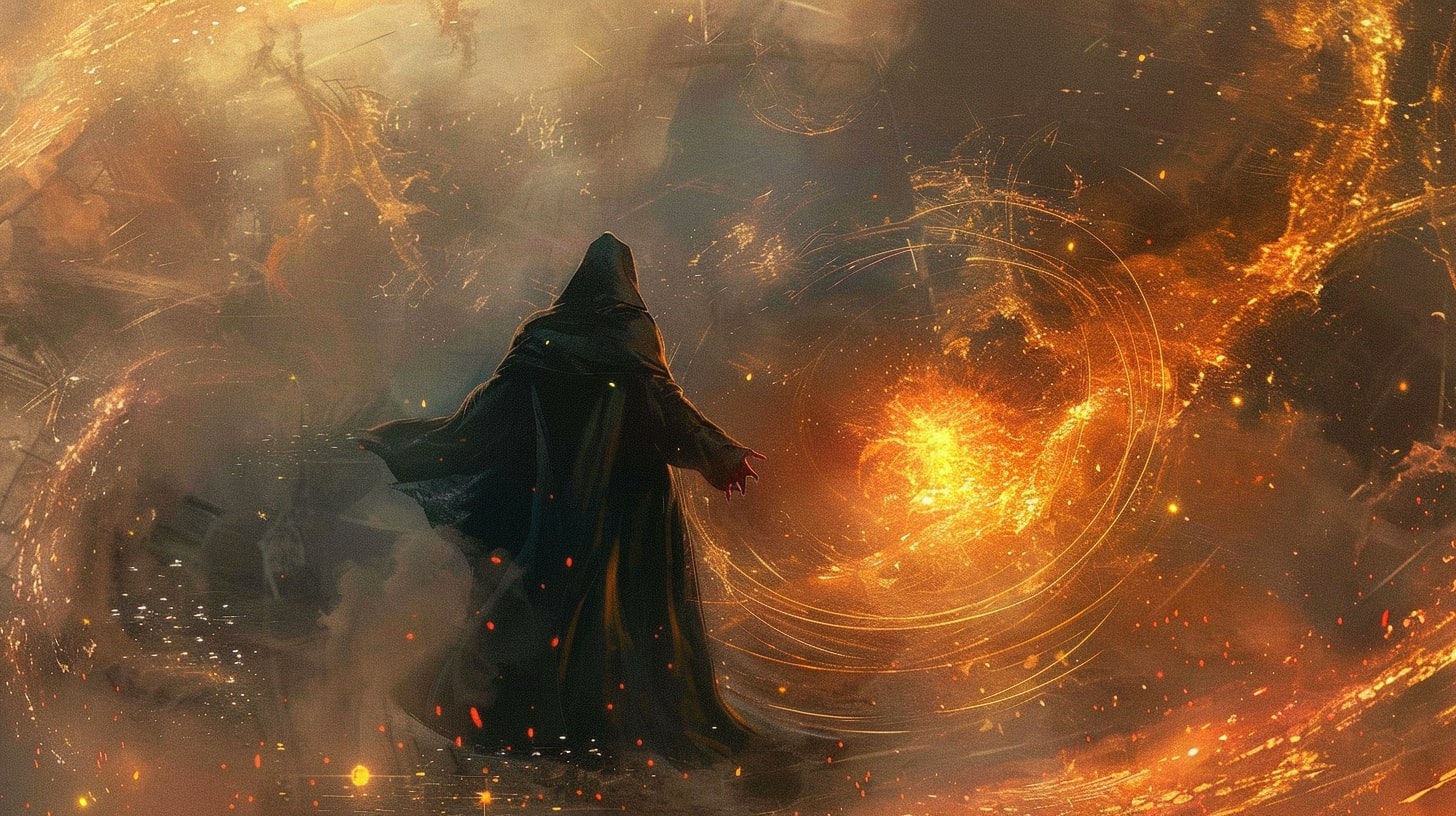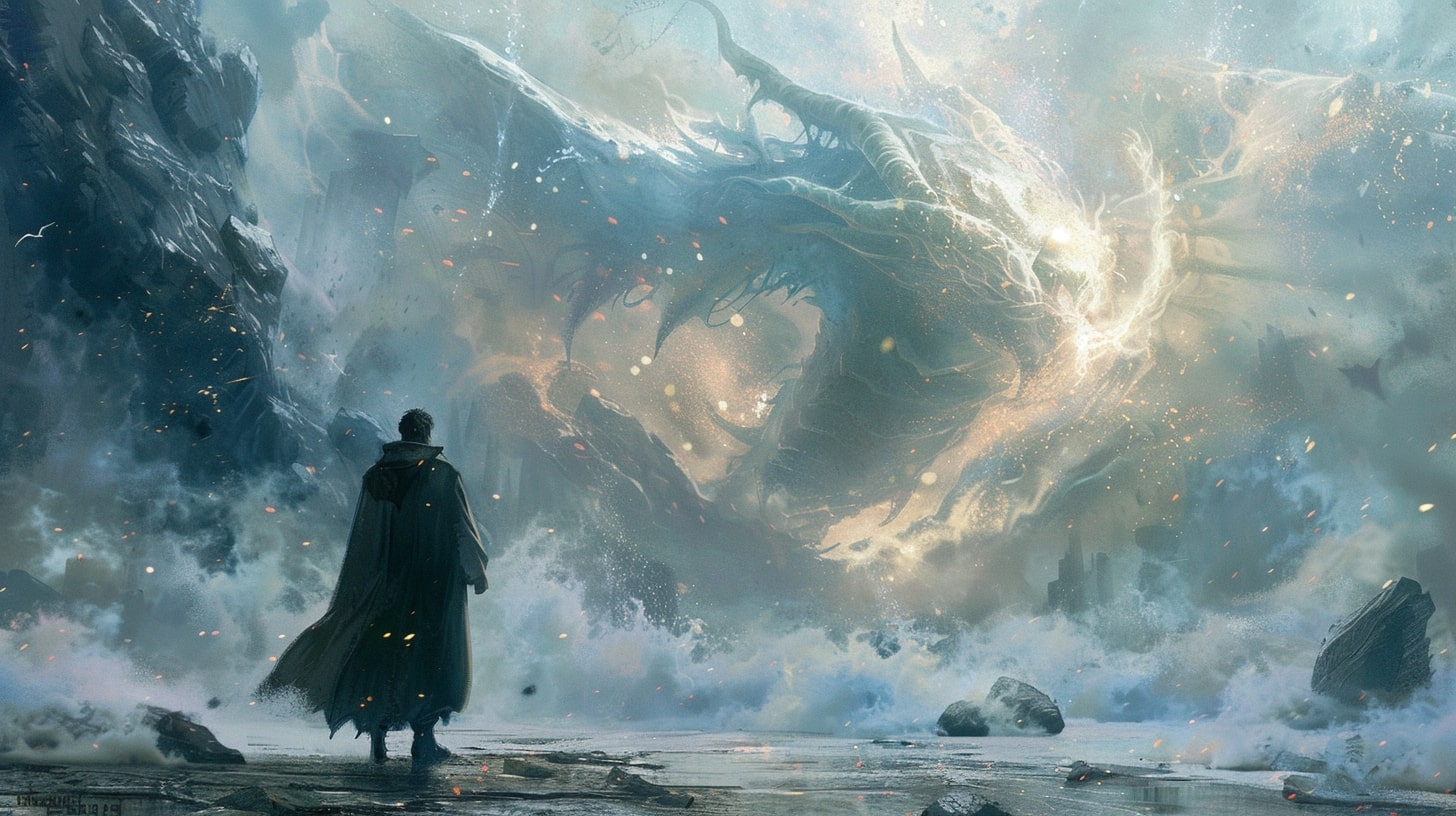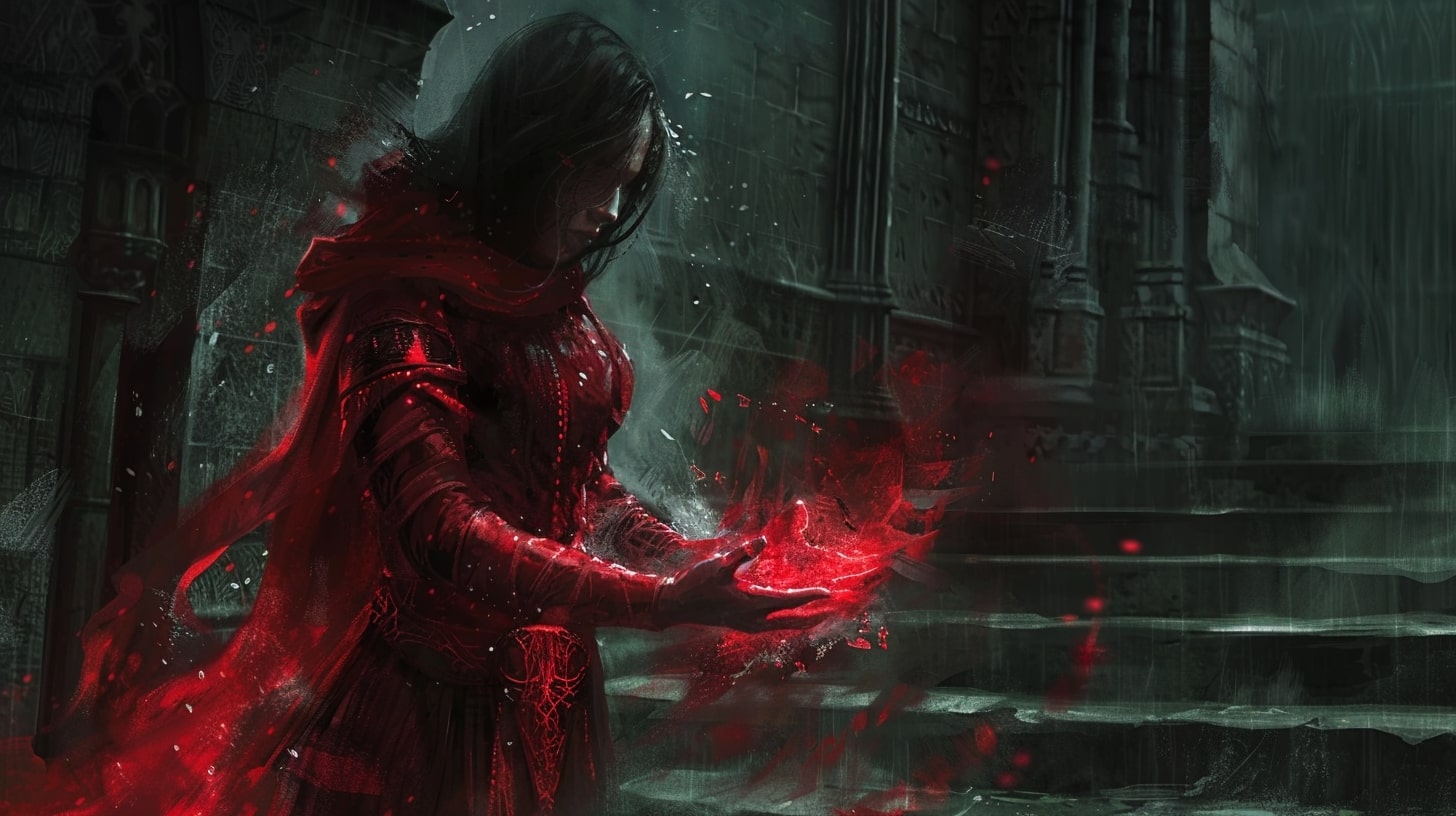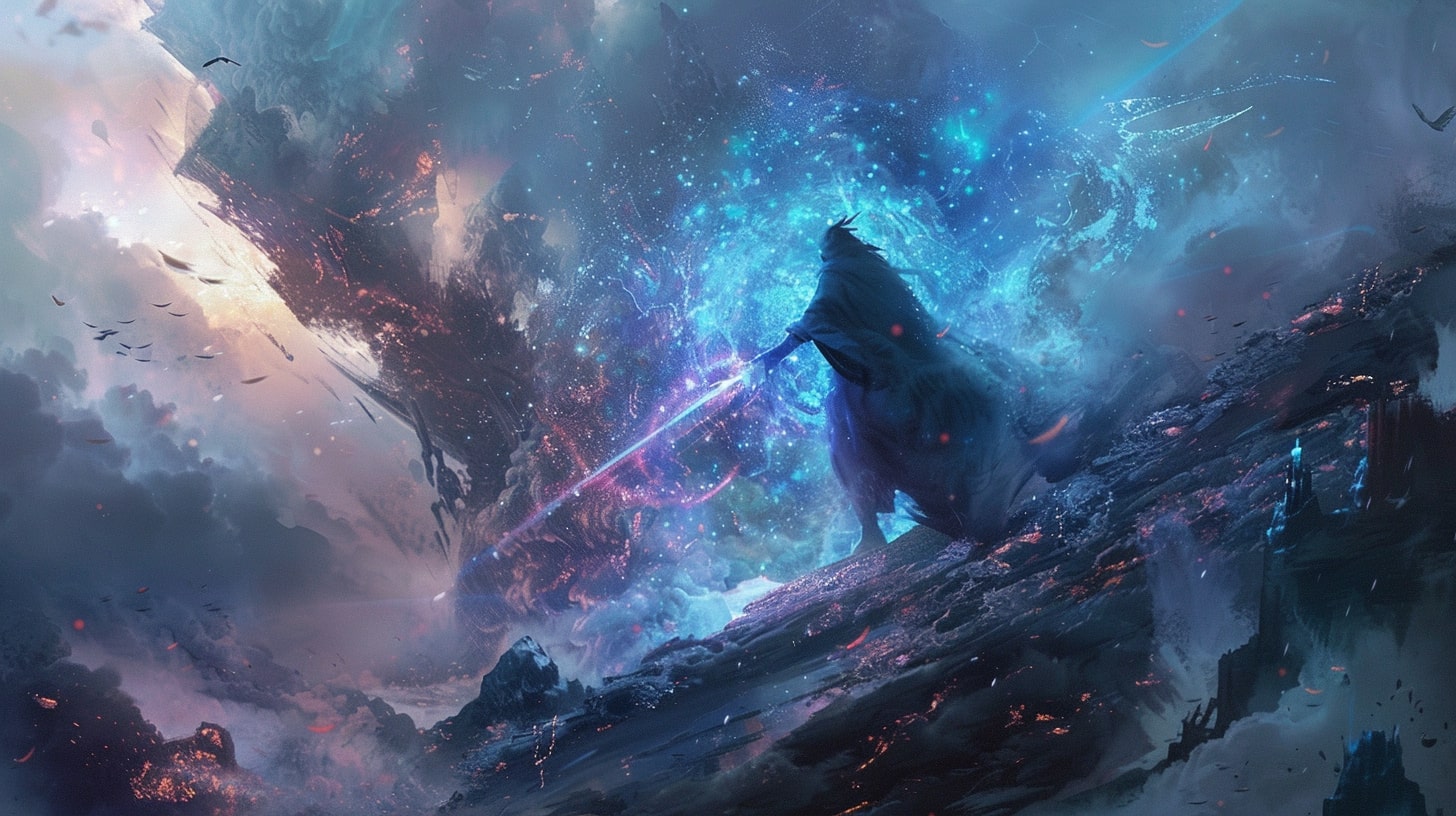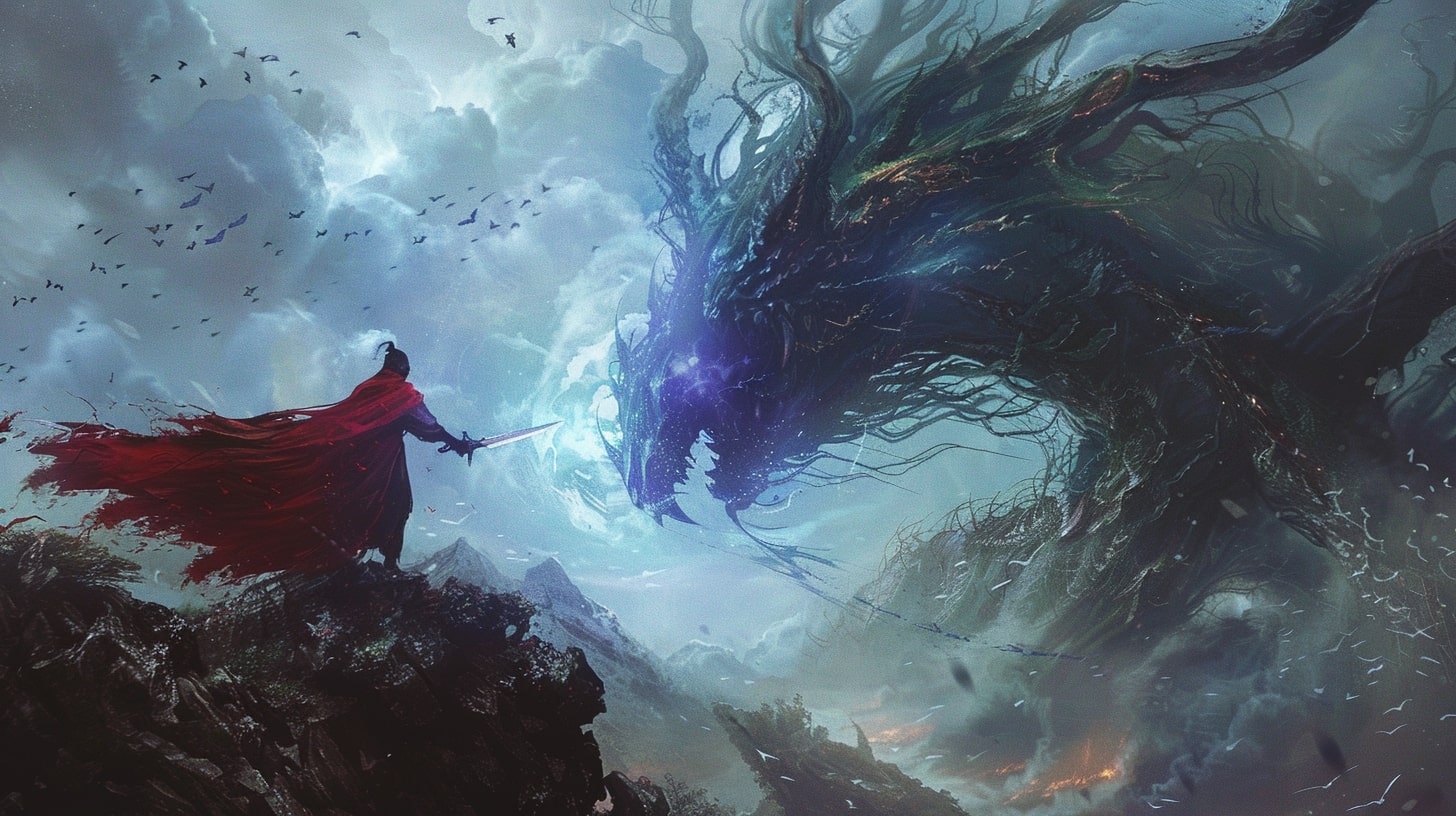The Art of Magic System Integration
In the realm of fantasy writing, magic systems play a vital role in creating immersive and captivating worlds. As a fantasy writer, it’s crucial to have a deep understanding of magic systems and their seamless integration into your story.
Once you decide that you’re going to have magic in your world then it’s important to keep in mind that it permeates everything. You can’t have magic in the background.
So understanding your magic system integration is integral to building a successful world. So how do we make this work with our worldbuilding? Let’s find out!
Understanding Magic Systems in Fantasy Writing
Magic systems are the rules and mechanics governing the use of magic within your fictional world. They define how magic works, who can use it, and what its limitations and consequences are. A well-developed magic system adds depth and intrigue to your story, captivating readers with its wonders and possibilities.
When crafting a magic system, consider various factors such as the source of magic, its types and elements, the spells or abilities associated with it, and the restrictions or costs involved. These elements contribute to the uniqueness and complexity of your magical world. For inspiration and ideas, you can explore resources like magic system ideas or types of magic systems.
Importance of Seamless Integration
Seamless integration of your magic system is vital for maintaining consistency and believability. When magic feels like an integral part of the story world, readers are more likely to become immersed in the narrative. Here are a few key reasons why seamless integration is essential:
World Cohesion: A well-integrated magic system helps create a cohesive world where magic feels organic and fits naturally into the fabric of society, culture, and history. Connect magic to the world by exploring its origins, history, and impact on different aspects of life. This connection can be established through cultural beliefs, rituals, or even through the presence of magical creatures or artifacts. For more insights into worldbuilding, you can refer to our article on magic system worldbuilding.
Character Development: Magic can significantly influence character development. Explore how magic shapes your characters’ identities, motivations, and relationships. The presence or absence of magical abilities can create conflicts, drive character arcs, and showcase the transformative power of magic. For instance, a character struggling to control their powers may experience personal growth and self-discovery through their magical journey.
Plot Advancement: Magic can be a powerful tool for advancing the plot and adding tension and excitement. Integrate magic into the conflicts and challenges your characters face, making it an integral part of the story’s conflicts. Avoid using magic as a convenient solution, and instead, utilize it to intensify conflicts and raise the stakes for your characters. By doing so, you can keep readers engaged and invested in the story. Learn more about balancing magic and conflict in our article on magic system balance.
By understanding the intricacies of magic systems and ensuring their seamless integration, you can create a captivating and immersive world that enchants readers.
Remember to consider the nuances of your magic system, its impact on characters and plot, and how it harmonizes with the world you’ve built. Let your magic system shine as an essential element of your storytelling, evoking wonder and adding depth to your fantastical world.
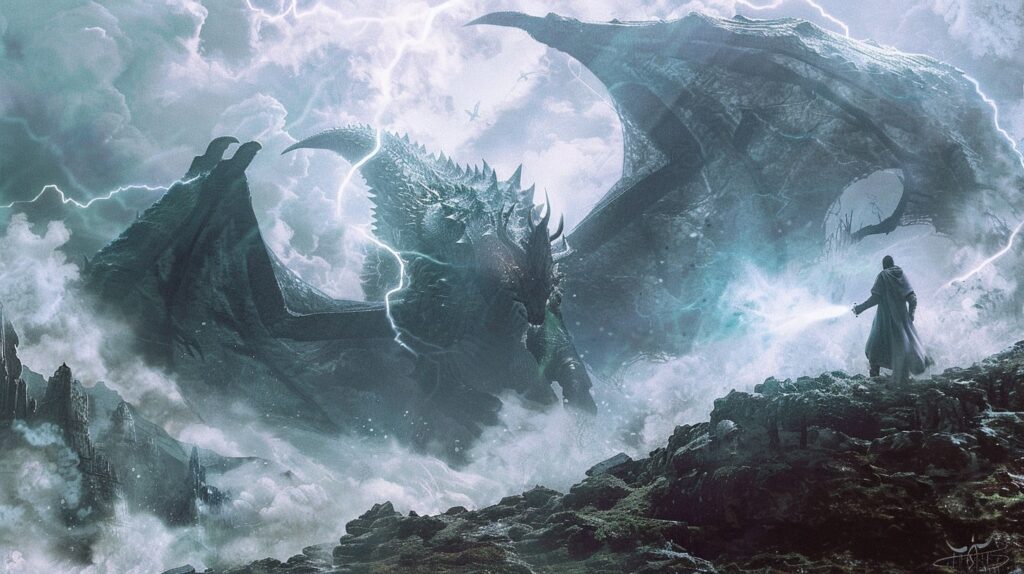
Magic System Integration: Building a Solid Foundation
In the realm of fantasy writing, building a solid foundation for your magic system is essential to create a believable and immersive world. This section will explore two key aspects of magic system integration: defining the rules of magic and connecting magic to the world.
Defining the Rules of Magic
To ensure consistency and coherence in your magic system, it’s important to establish clear rules and limitations. Defining how magic works in your world provides structure and helps readers understand its boundaries.
Consider elements such as the source of magic, the mechanics behind its usage, and any inherent limitations or consequences. Are there different types of magic within your world? Are there specific gestures, spells, or incantations required to wield magic? Defining these rules will contribute to the overall logic and believability of your magic system.
To delve deeper into the different aspects of magic system creation, you may find our article on magic system rules helpful. It provides insights into various rule-setting techniques and offers tips for maintaining a balanced and engaging magic system.
Connecting Magic to the World
In order to seamlessly integrate magic into your fantasy world, it’s crucial to establish a connection between magic and the overall setting. Magic should feel like an integral part of the world, influencing its history, culture, and even its inhabitants.
Consider how magic has shaped the societies and civilizations within your world. Does magic play a significant role in governing systems, religious practices, or everyday life? Are there specific magical beings or creatures associated with your magic system? By incorporating these elements, you can create a rich and immersive world that feels cohesive and well-developed.
For inspiration and guidance on connecting magic to your world, explore our articles on magic system worldbuilding and magic system origins.
By defining the rules of magic and connecting it to the world, you lay a strong foundation for your magic system integration. This solid framework will enable you to craft compelling stories, characters, and plots that revolve around the magic within your fantasy world. Remember, the key is to strike a balance between creativity and consistency to captivate your readers and bring your magical masterpiece to life.

Consistency and Coherence
To create a compelling and believable magic system integration in your fantasy writing, it is crucial to ensure consistency in the application of magic and coherence with the story and setting. These elements help maintain the integrity of your magic system and enhance the overall reading experience.
Ensuring Consistent Application of Magic
Consistency in the application of magic means establishing and adhering to a set of rules and limitations for your magic system. By defining these rules, you provide structure and predictability to the use of magic in your story. This consistency allows readers to understand and anticipate how magic functions within your world.
When developing your magic system, consider aspects such as the source of magic, its limitations, and the cost associated with its use. Establish guidelines for the capabilities and boundaries of magic, and ensure they are consistently applied throughout your narrative. This consistency helps to avoid plot holes and maintains a sense of logic within the world you’ve created.
To delve deeper into the concept of magic system rules and limitations, check out our article on magic system rules.
Coherence with the Story and Setting
Coherence between your magic system and the story and setting is essential for creating a believable and immersive world. The magic should feel like an integral part of the narrative, seamlessly intertwined with the characters, plot, and worldbuilding elements.
Consider how the presence of magic affects various aspects of your story, such as the society, culture, and history of your fictional world. Does magic play a significant role in shaping the world’s dynamics or the characters’ motivations? How does magic impact conflicts and challenges faced by your characters?
Additionally, ensure that the visual and sensory aspects of magic align with the overall tone and atmosphere of your story. A dark and mysterious world may feature a magic system rooted in shadow and manipulation, while a vibrant and nature-focused setting may incorporate elemental or nature-based magic.
By maintaining coherence between your magic system and the story’s world and themes, you create a more immersive reading experience for your audience. For inspiration on different types of magic systems, explore our article on magic system concepts.
In summary, consistency in the application of magic and coherence with the story and setting are vital for successful magic system integration. By establishing clear rules and limitations and ensuring that magic aligns with the world and narrative, you can create a captivating and believable magical experience for your readers.

Magic’s Impact on Characters and Plot
In the realm of fantasy writing, magic has the power to significantly impact both characters and plot. By understanding how to integrate magic seamlessly into your story, you can create a captivating and immersive reading experience.
Influence of Magic on Character Development
Magic can serve as a catalyst for character development, shaping the individuals within your story. When characters possess magical abilities, their journey becomes intertwined with the exploration and mastery of their powers. This journey can bring about personal growth, as characters navigate the challenges and responsibilities that come with their magical gifts.
Consider how magic affects your characters’ identities, motivations, and relationships. Their magical abilities may lead to internal conflicts, where they grapple with the ethical implications and limitations of their powers. Additionally, the presence of magic can create dynamics of power, envy, or admiration among characters.
By weaving magic into your characters’ journeys, you can explore their strengths, weaknesses, and the transformative nature of their experiences. This adds depth and complexity to your storytelling, making your characters more relatable and engaging for readers.
Weaving Magic into the Plot
The integration of magic into the plot of your story is a delicate art. When done effectively, it can elevate the tension, stakes, and overall narrative. Magic can serve as a driving force behind conflicts, plot twists, and the resolution of major story arcs.
As you craft your storyline, consider how magic interacts with the world, its rules, and the characters’ goals. Does magic create new obstacles for your protagonists? Does it provide them with tools to overcome challenges? How does magic intersect with the central conflict of your story?
By establishing the boundaries, limitations, and consequences of magic within your world, you can create a cohesive and believable system. This ensures that magic enhances the plot without becoming a convenient solution to every problem, which can diminish the tension and suspense.
Remember to maintain consistency in the application of magic throughout your narrative. Avoid introducing new magical abilities or rules without proper foreshadowing or justification, as this can disrupt the reader’s immersion. For more guidance on creating a well-balanced magic system, explore our article on magic system development.
By carefully integrating magic into your characters’ development and plot, you can create a rich and immersive fantasy world. The influence of magic on your characters’ journeys and the way it intertwines with the plot will leave readers captivated, eagerly turning the pages to discover how magic shapes their favorite characters and propels the story forward.
Balancing Magic and Conflict
In fantasy writing, balancing magic and conflict is essential to create a compelling and engaging story. While magic can add excitement and wonder to your narrative, it is crucial to avoid using it as a convenient solution or deus ex machina. Instead, integrate magic in a way that intensifies conflict and challenges your characters.
Avoiding Magic as a Convenient Solution
As a fantasy writer, it can be tempting to rely too heavily on magic as an easy solution to resolve conflicts. However, this can undermine the tension and stakes in your story. Avoid making magic the “quick fix” that conveniently solves all problems. Instead, establish clear limitations and rules for your magic system, ensuring that it cannot effortlessly resolve every obstacle your characters face.
By imposing limitations on magic, you create a sense of realism and make your characters’ struggles more relatable. It forces them to find alternative solutions or face the consequences of misusing magic. This not only adds depth to your story but also allows for character growth and development.
Using Magic to Intensify Conflict
While it is important to avoid using magic as a convenient solution, you can leverage its presence to intensify conflict within your narrative. Incorporate magic in a way that creates challenges and obstacles for your characters. This can be done by introducing conflicts that arise directly from the use of magic or by pitting characters with different magical abilities or beliefs against each other.
For example, in a world where magic is rare, a character with extraordinary magical abilities might become a target of jealousy or fear, leading to conflicts and power struggles. Additionally, the pursuit of magical artifacts or knowledge could become a driving force for conflict between different factions or individuals.
By integrating magic in a way that heightens tension and conflict, you create opportunities for your characters to face trials, make difficult choices, and grow throughout the story.
Remember to maintain consistency and coherence in how magic is portrayed throughout your narrative. Ensure that the rules and limitations of your magic system are followed consistently to avoid confusing or frustrating readers. This not only enhances the believability of your world but also helps maintain a sense of fairness and balance.
Balancing magic and conflict requires careful consideration and thought. By avoiding magic as a convenient solution and using it to intensify conflict, you can create a more immersive and engaging story for your readers. Embrace the challenges and possibilities that magic brings to your world, and let it shape your characters and their journeys.
Enhancing the Reading Experience
As a fantasy writer, you have the power to transport your readers to extraordinary worlds filled with magic and wonder. Part of creating an immersive experience lies in evoking a sense of wonder and awe through your magic system. By incorporating magical elements that captivate your readers’ imagination, you can make your story come alive. Here are some strategies to enhance the reading experience:
Evoking Wonder and Awe
To truly immerse your readers in your magical world, it’s important to create a sense of wonder and awe. Describe your magical elements in vivid detail, using rich language and sensory imagery. Paint a picture that allows your readers to visualize the fantastical aspects of your magic system.
Whether it’s the shimmering glow of a spell, the crackling energy of an elemental force, or the ethereal beauty of a magical creature, make sure to engage your readers’ senses and ignite their imagination.
Additionally, consider the impact of magic on the characters and the world around them. Show how magic can shape landscapes, alter the course of events, and bring about both positive and negative consequences. By highlighting the grandeur and unpredictability of magic, you can evoke a sense of wonder and leave your readers yearning for more.
Creating Memorable Magical Moments
One way to enhance the reading experience is to create memorable magical moments. These are the scenes in your story where magic takes center stage, leaving a lasting impression on both your characters and your readers. These moments could be pivotal turning points, awe-inspiring displays of power, or profound acts of magic that shape the course of your story.
To make these moments truly memorable, consider the emotions they evoke. Do they inspire awe, fear, or joy? How do they impact your characters’ lives and beliefs? By infusing these scenes with emotional depth and significance, you can create powerful and resonant moments that stay with your readers long after they’ve finished reading.
Remember, the key to enhancing the reading experience lies in balancing the fantastical with the relatable. While magic is extraordinary, it should also have a purpose and meaning within your story.
By evoking wonder and creating memorable magical moments, you can transport your readers to a world where anything is possible, leaving them eagerly turning the pages to discover more.
Continue to weave your magic system seamlessly into your story, ensuring consistency, coherence, and a sense of balance. For more inspiration on magic system integration and worldbuilding, check out our articles on magic system elements and magic system origins. Happy writing!
